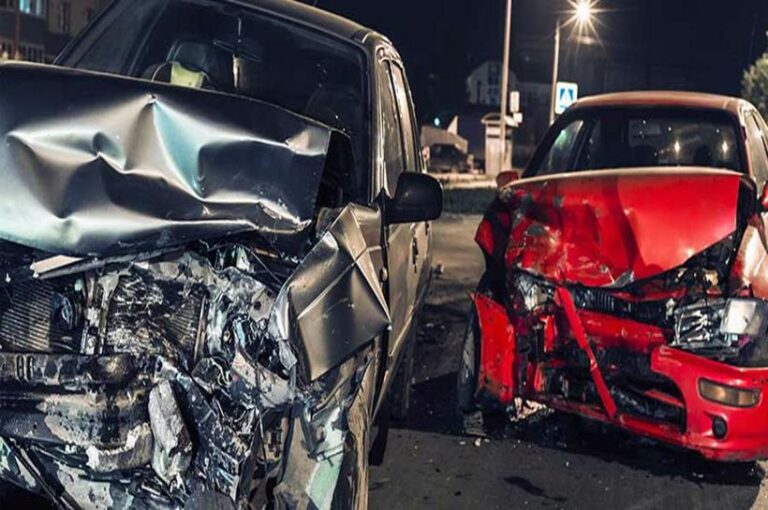One of the most challenging situations for an Albany car accident lawyer is when the principal cause of a crash is poor road conditions. For the accident victim, it seems like a lost cause. Who exactly do you sue for damages if a major pothole caused the accident? The state of Georgia?
The answer is not exactly this, but various city and state agencies. Before we discuss liability, let us explain how dangerous road conditions can cause car accidents.
If you have been involved in a wreck, contact our law firm today for a free consultation.
What Are Dangerous Road Conditions?
From a legal standpoint, it is important to make the difference between conditions that make driving more difficult and poorly maintained roads. Fog, rain, and ice represent poor road conditions and it is impossible to hold anyone liable for them.
A government entity may be liable party for a car accident if it was caused by one of the following:
- Potholes
- Broken, crumbling, or uneven pavement
- Faded lane markings
- Missing signs for stops, speed limit, or right of way
- Broken or malfunctioning lighting
- Inadequate drainage leading to standing water on the roads
- Overgrown vegetation blocking traffic signs and signals
- Missing reflective markers.
Who Is at Fault for Car Accidents Caused by Poorly Maintained Roads?
In such cases, when it comes to liability, it depends on where your accident took place. If it happened on interstates or highways crossing the county, then the Georgia Department of Transportation may be at fault. They are the authority in charge of maintaining these large roads connecting all US states.
However, if your car crash took place on one of the city streets, then the Albany Department of Public Works may be at fault.
What to Know About Suing Authorities for Dangerous Road Conditions
However, your Albany car accident attorney will tell you that you cannot simply sue any local and government authority as you would sue a person. A legal principle called sovereign immunity protects authorities from most types of lawsuits.
Thankfully, Georgia legislators understand that authorities may be negligent in discharging their duties. Thus, through OCGA 32-4-93 an exception was made to the sovereign immunity principle.
Thus, municipalities can be sued for accidents caused by poor road conditions, if the claimant can prove that:
- The authority was negligent in constructing and maintaining the road
- The authorities had knowledge of the dangerous condition and did not remedy it
- The dangerous condition has existed for a sufficient period of time that the authorities should have been aware of it.
How to Prove that a Poorly Maintained Road Caused an Accident
Just like in any other personal injury case, the plaintiff has the burden of proof. Thus, you must document the crash scene very thoroughly after the accident. Take photos of every single element that may have contributed to the accident, no matter how insignificant it may seem, from traffic signs hidden by overgrown vegetation to barely visible lane markings.
Your attorney will also conduct in-depth investigations to prove, as applicable:
- The road was built with subpar materials or poor workmanship.
- Regular maintenance work was not performed on it.
- There were several complaints related to the dangerous condition and it was not remedied.
You Must File Your Claim in a Shorter Period of Time
While the general statute of limitations for personal injury cases is two years after the date of the accident, things are different when you are filing it against the authorities. According to the State Tort Claims Act, any claim against the state of Georgia must be made within 12 months after the event.
Let a Skilled Albany Car Accident Lawyer Handle Your Claim!
Given the short period of time you have to take legal action, you should contact an Albany car accident lawyer at Joe Durham Jr., P.C. as soon as possible after the crash.
Thus, the attorney will have time to collect evidence before it gets lost and to prepare a solid case for negotiation with the adjusters representing local or government authorities.
As a new client, you get a free case review, so call us at 229-210-6226 to schedule yours!







